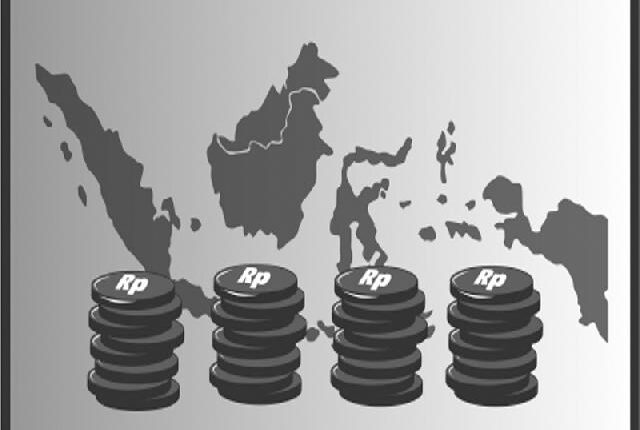12 Percent VAT Benefits Allocated Fully for Community Interests
By: Irfan Yogi )*
Value Added Tax (VAT) is one of the significant sources of state revenue. With the increase in VAT to 12 percent, the government has a greater opportunity to support programs that directly benefit the community. This policy is designed to provide a real positive impact, especially if the funds collected are allocated appropriately.
One of the main benefits of the 12 percent VAT allocation is the increased budget for infrastructure. The construction of roads, bridges, and other public facilities is an important priority in supporting community mobility. Adequate infrastructure not only accelerates the distribution of goods and services but also improves the quality of life, especially in remote areas that have been difficult to reach.
Minister of Finance, Sri Mulyani said that the implementation of the VAT rate of 12 percent was solely to maintain the health of the APBN in anticipation of global economic and geopolitical uncertainty. This step was taken to strengthen the country’s fiscal foundation in facing increasingly complex global challenges, including the potential for an energy crisis, inflation, and international economic fluctuations. With a healthy APBN, the government can ensure that development programs continue to run according to plan, while providing protection for the community against the negative impacts of global economic turmoil. This policy is also one of the strategies to maintain national economic stability and support sustainable post-pandemic recovery.
Director of Counseling, Services, and Public Relations of the Directorate General of Taxes, Dwi Astuti said the benefits of the VAT rate adjustment will return to the community. These benefits include community development and empowerment. Other benefits provided by the government directly from taxes collected include Direct Cash Assistance (BLT), Family Hope Program (PKH), Food Cards, Smart Indonesia Program (PIP) and Smart Indonesia Card (KIP) for College. In addition, other benefits include electricity subsidies, 3 kg LPG subsidies, fuel subsidies, and fertilizer subsidies.
The education sector is also one of the areas that can receive direct benefits. The VAT funds allocated for education allow the government to improve the quality of schools, provide training for teachers, and provide scholarships for students from underprivileged families. Thus, the next generation has better access to achieve a bright future.
The health sector is also not exempt from the allocation of VAT funds. The increase in the budget in this sector will allow the government to expand the scope of health services, build new health facilities, and provide free vaccination and treatment programs for the underprivileged. With better health services, life expectancy is predicted to increase significantly.
Social programs are also expected to be one of the priorities in the utilization of VAT funds. Social assistance such as the Family Hope Program (PKH), food cards, and subsidies for basic needs will help the poor meet their basic needs. This policy is directly able to reduce social and economic disparities in various regions of Indonesia.
Not only that, the allocation of funds from the 12 percent VAT can also be used to support the development of MSMEs (Micro, Small, and Medium Enterprises). The government can provide subsidies, training, or easier access to capital for small business actors. This support is important to strengthen the national economy, because MSMEs are one of the sectors that absorb the largest workforce in Indonesia.
The government can also use the VAT funds to accelerate the transition to clean and environmentally friendly energy. Investments in renewable energy, such as solar and wind, not only help reduce dependence on fossil fuels but also support environmental sustainability for future generations.
Bank Permata Chief Economist Josua Pardede said if the VAT increase policy is not implemented, there will be several consequences. First, the government will lose potential additional revenue, which can widen the budget deficit and limit fiscal space for productive spending. Second, infrastructure development, social programs, and other strategic investments can be hampered if state revenues are insufficient to fund these needs. It can also cause the government’s debt burden and long-term fiscal risk to increase because the government may have to rely more on borrowing to cover the deficit. Finally, non-progressive tax reforms can slow down the improvement of the fiscal structure and make Indonesia less competitive in the region.
With proper allocation and transparency of management, increasing VAT to 12 percent can bring great benefits to the community. This success, of course, requires support from all parties, including strict supervision from the community to ensure that the funds collected are used in accordance with national development priorities.
This policy is not merely a fundraising, but a form of shared responsibility in building the country. Through proper management, 12 percent VAT becomes a long-term investment for the welfare of all Indonesian people.
